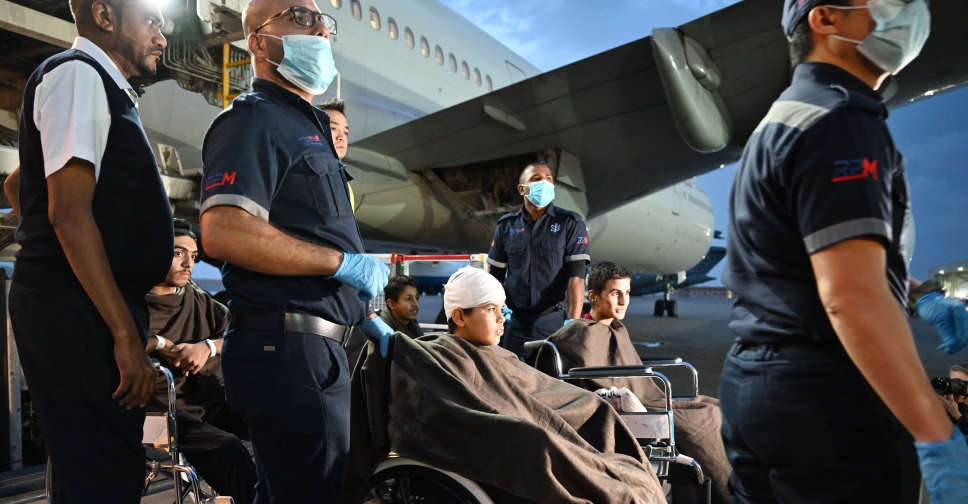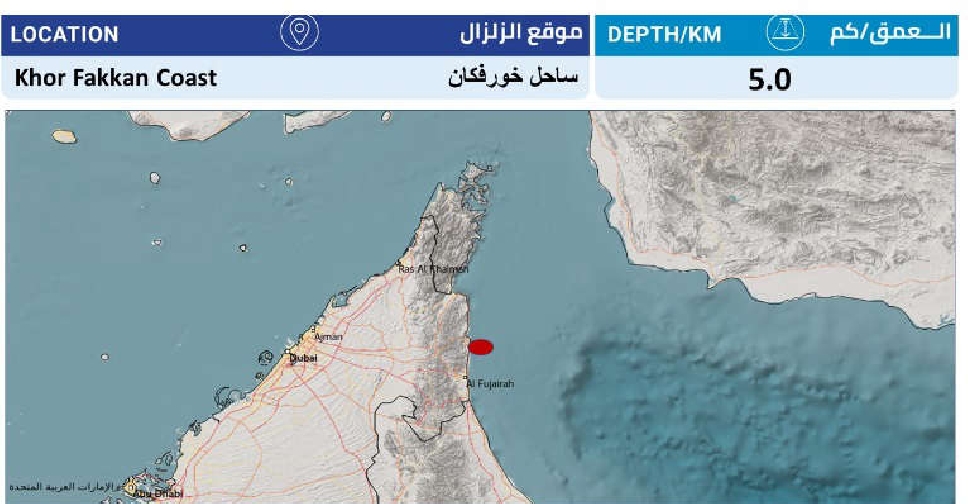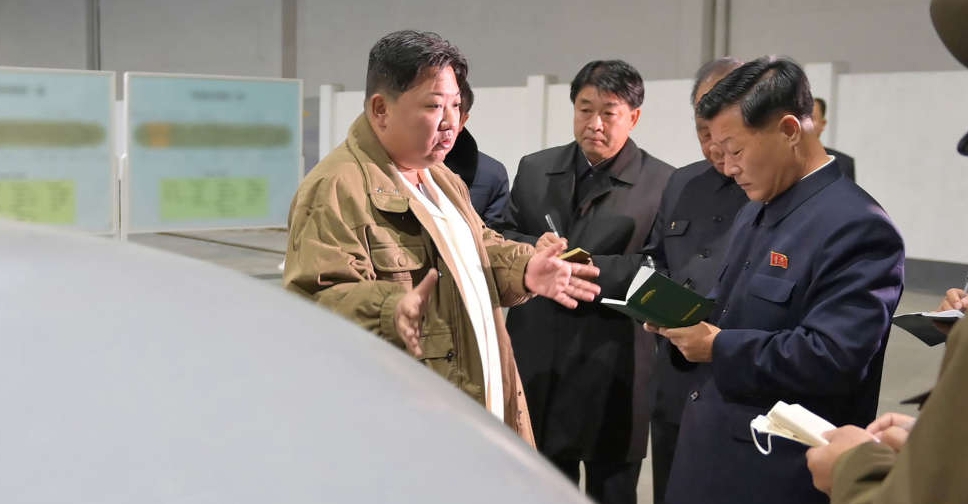
North Korea fired what might be a new model of ballistic missile on Thursday, South Korea said, triggering a scare in northern Japan, where residents were told to take cover, though there turned out to be no danger.
The missile flew about 1,000 km, South Korea's military said, calling it a "grave provocation".
The missiles' apogee, or maximum altitude, has not been officially disclosed, though South Korea's Yonhap news agency said it appeared to have been less than 3,000km - far below the height of some tests last year, which topped 6,000km.
The South Korean military said it was on high alert and coordinating closely with its main ally, the United States, which "strongly condemned" what the White House said in a statement was a long-range ballistic missile test.
A South Korean military official said the test apparently involved a new weapons system displayed at a recent North Korean military parade.
The military was analysing the projectile's trajectory and range, and the defence ministry said it could have been a solid-fuel missile.
North Korea has been working to build more solid-fuel missiles, which are easier to store and transport, and can be launched with almost no warning or preparation time.
While North Korea has tested short-range solid-fuel missiles, it has not tested a long-range missile of that type, said Bruce Bennett, a senior defence analyst at the U.S.-based RAND Corporation.
The missile was fired at 7:23 am (2223 GMT on Wednesday) from near Pyongyang, South Korea's Joint Chiefs of Staff said, meaning it could have been launched from an international airport close to the capital, a major site for test-firing large missiles since 2017.
BRIEF PANIC
Japanese Prime Minister Fumio Kishida called a National Security Council meeting in response to the launch.
Japan's defence minister, Yasukazu Hamada, said the missile appeared to have been fired eastward at a high angle and it did not fall in Japanese territory.
Japan's coast guard said the projectile had fallen in the sea to the east of North Korea. Hamada said he could not confirm whether the missile flew over Japan's exclusive economic zone.
Japanese authorities retracted the alert for Hokkaido island when they determined that the missile would not fall nearby.
A student there told Japanese broadcaster NHK that the alert caused momentary alarm at a train station.
"For a second in the train there was panic, but a station worker said to calm down, and people did," the unidentified man told NHK.
The launch came days after North Korean leader Kim Jong Un called for strengthening war deterrence in a "more practical and offensive" manner to counter what North Korea called moves of aggression by the United States.
While condemning the latest in a string of North Korean missile tests, the United States renewed its offer to open talks.
"The door has not closed on diplomacy, but Pyongyang must immediately cease its destabilising actions and instead choose diplomatic engagement," US National Security Council spokesperson Adrienne Watson said in a statement.
North Korea has criticised recent joint military exercises between U.S. and South Korean forces as escalating tensions, stepping up its weapons tests in recent months.

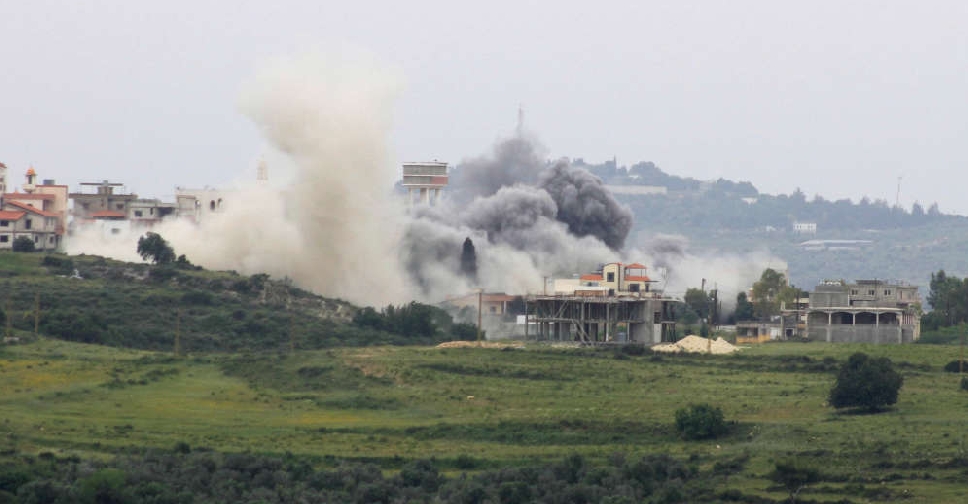 Lebanon moves towards accepting ICC jurisdiction for war crimes on its soil
Lebanon moves towards accepting ICC jurisdiction for war crimes on its soil
 Zelenskiy issues new appeal for air defences, fast weapon supplies
Zelenskiy issues new appeal for air defences, fast weapon supplies
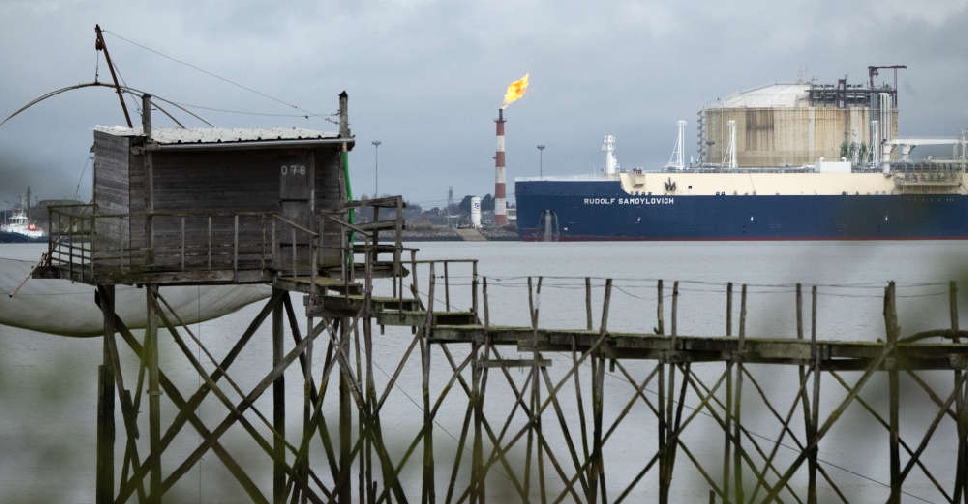 Russia will seek to overcome EU sanctions on LNG operations
Russia will seek to overcome EU sanctions on LNG operations
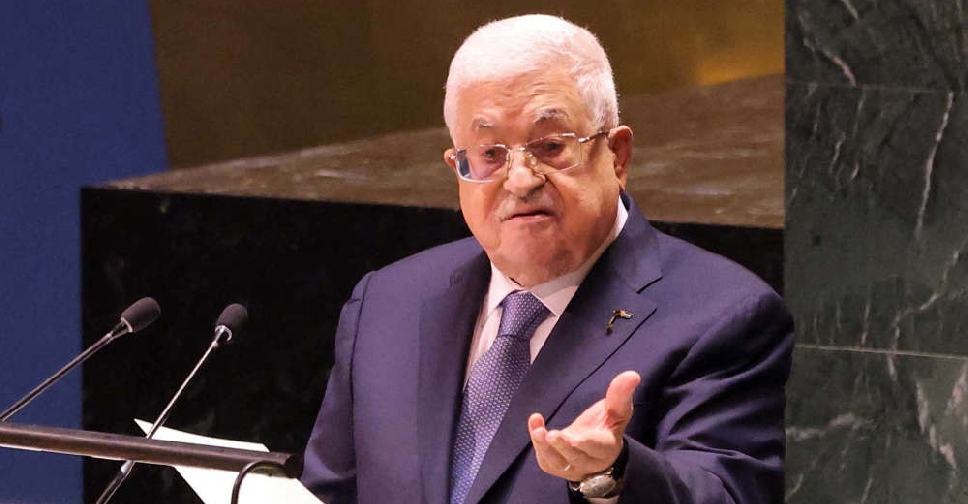 Abbas, international leaders to hold Gaza talks in Riyadh this week
Abbas, international leaders to hold Gaza talks in Riyadh this week
 Kyiv evacuates two hospitals over fears of airstrike
Kyiv evacuates two hospitals over fears of airstrike

